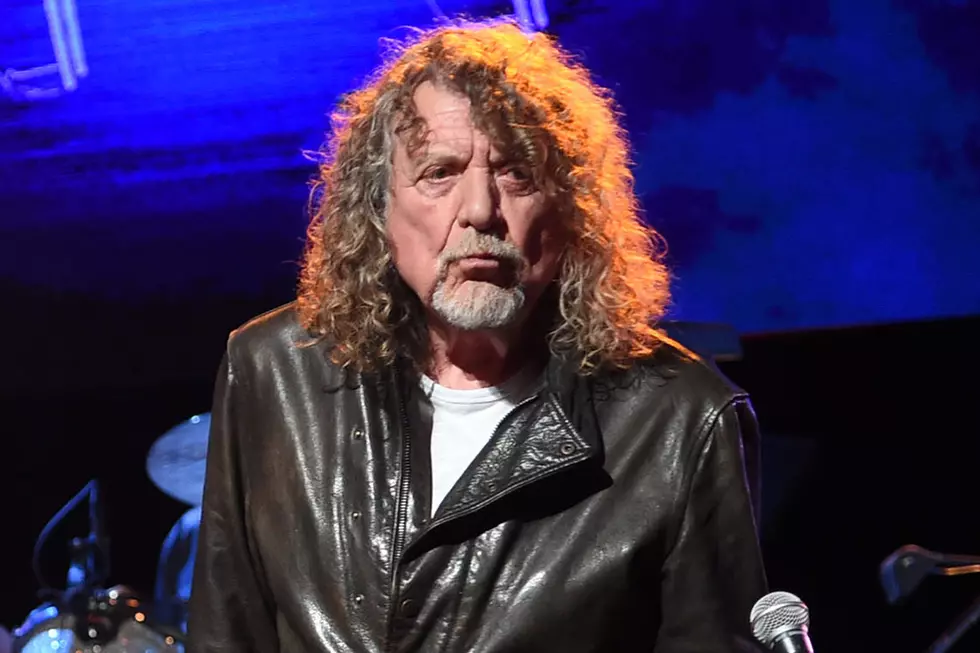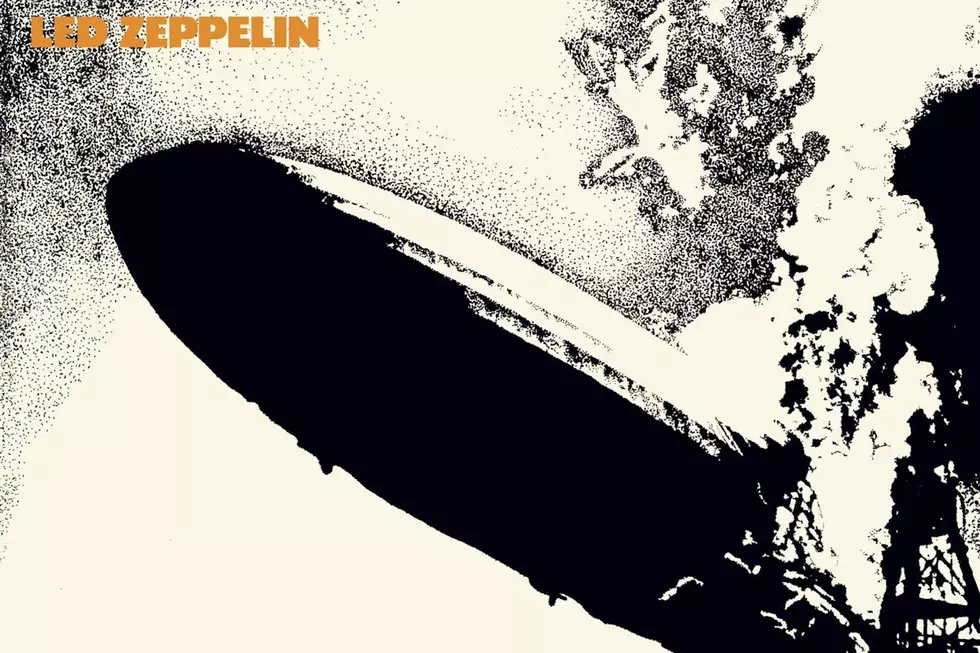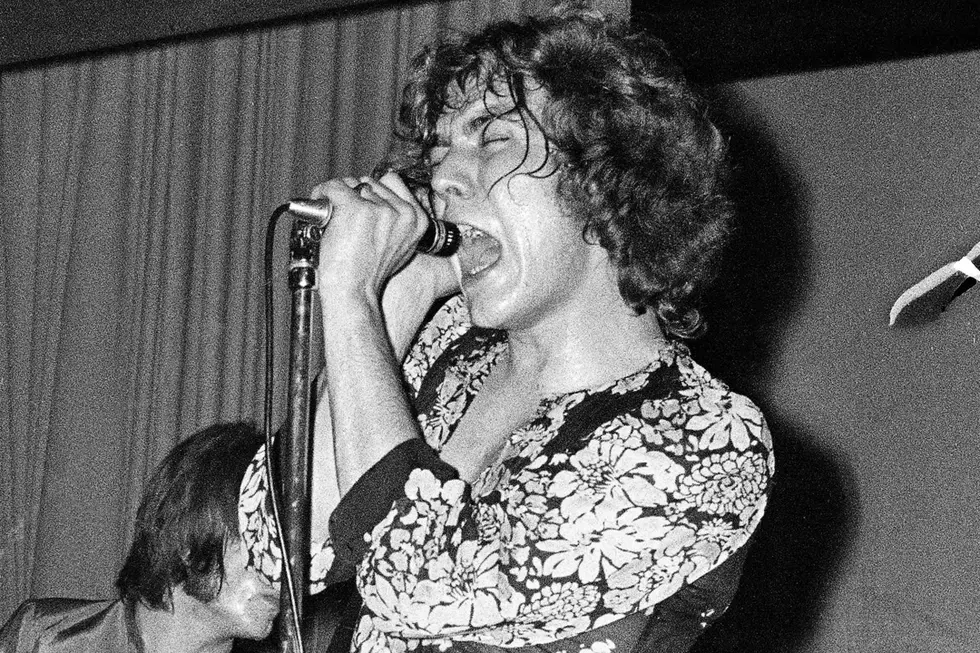
What Does Robert Plant Call Led Zeppelin’s Fourth Album?
Robert Plant described the process of releasing Led Zeppelin’s fourth album as a “kind of Spinal Tap thing” and admitted he still isn’t sure what to call it.
The 1971 LP has come to be known as Led Zeppelin IV or The Four Symbols, because of the symbols adopted by the four band members found on the wordless cover.
Plant was asked by Matt Everett, the host of the singer's Digging Deep podcast series, how he referred to the album. “I don’t know,” he replied. “In those days in Zeppelin, we were so much of a deal – in fact, it becomes almost like a kind of Spinal Tap thing where, sometime you can’t put the record out, even though you’ve finished it, because you haven’t got the artwork right.”
He said the conversation had gone something like: “‘Are you going to put the name on that album?’ ‘Are you kidding? Put the name of the band on the album cover? That’s far too corporate!’ ... But of course, we want everybody to know that [it’s ours], to buy it, sell it, hate it, love it and all that. So, yeah, I don’t know what it’s called. ‘The Four Symbols’ is sometimes what it’s called.”
You can listen to the latest episode of Digging Deep below.
Plant chose “The Battle of Evermore” from the LP as a standout track, explaining that it offered an extreme of contrast in his songwriting career. He added that the idea behind the song – inspired by British folk-rock bands including Fairport Convention and the Strawbs – was the story of how “some impending doom was averted by the spirit of the people.”
He noted that they "were very fortunate in the Led Zeppelin camp that there was an amazing variety of stylistic influence in everybody’s playing. ‘Battle of Evermore’ as just an instrumental piece was beautiful. … It had some kind of essence of heralding, of drawing people together; of summoning a mindset, if you like. … You have the fact of the impending travesty on the the one hand; on the other hand, you have this call to unity.”
The track is the only time Led Zeppelin brought in a guest singer, in the form of Fairport Convention’s Sandy Denny. The decision came about after Plant had written the song in two parts then tried to sing them both. “It was a very, very insane idea,” he reflected. “It didn’t sound right in one voice, in one pitch.”
The Best Song From Every Led Zeppelin Album
More From Ultimate Classic Rock









